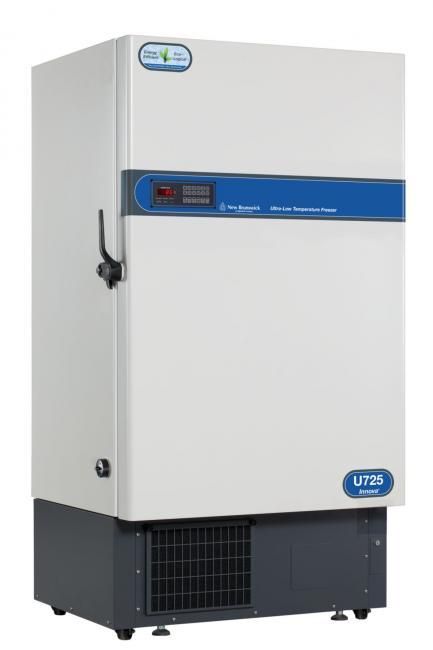 ALERT
ALERT **Important for iLab Users**
The Help link in iLab opens an email to contact Support. To submit or track requests, visit: Submit and Track Support Requests
The Biorepository Core aims to create a high-quality, cost-effective and efficient system to provide investigators with samples of serum, DNA, tissue and cells to investigate mechanisms of digestive inflammatory and metabolic diseases, such as inflammatory bowel disease, hepatitis, metabolic syndromes and obesity. These conditions affect millions of individuals in the U.S., and by facilitating their study, we can increase the chance of uncovering key pathogenic mechanisms and developing new therapeutic approaches.
The core’s specialized services and facilities for procuring, characterizing, isolating and storing human tissues and DNA are available to digestive-disease researchers at Cleveland Clinic and Case Western Reserve University School of Medicine.
The Biorepository Core procures, provides and stores DNA, serum, and biopsy and surgical tissues from patients with gastrointestinal and liver diseases (i.e. Crohn’s disease, ulcerative colitis, gastrointestinal and liver cancers, alcoholic and viral hepatitis, cirrhosis, obesity, etc.) as well as normal controls for use in Institutional Research Board-approved research. The core also provides clinical and demographic classification of tissue and DNA samples and distributes tissue, cells and clinical specimens to DDRCC investigators for use in their digestive and liver disease-related research projects.
In addition, the Biorepository Core provides expertise in the isolation of essentially all types of cells (immune, epithelial, mesenchymal, endothelial, and parenchymal) from the gastrointestinal tract, cancer and liver for characterization in vitro. We also advise and teach investigators, through formal and informal consultation, on principles, methods, analysis, and experimental design of studies involving cell isolation and tissue banking and evaluate the service and the needs of the DDRCC members so that the resources bring the most benefit to priority areas of research.
Through these aims, the core will facilitate, encourage and benefit the DDRCC by providing high-quality and reliable services that will further promote the development of research related to diseases of the gastrointestinal system and liver.
| Hours | Location |
|
Monday - Friday 8:00 AM - 4:00 PM |
2109 Adelbert Road |
Link: Biorepository Core Website


| Name | Role | Phone | Location | |
|---|---|---|---|---|
| Tracy Krebs, MBA |
Financial Manager
|
216-368-6058
|
tracy.krebs@case.edu
|
Biomedical Research Building - Room 523
|
| Fabio Cominelli, MD, PhD |
Core Director
|
216-844-7344
|
fabio.cominelli@case.edu
|
Biomedical Research Building - Room 524
|
| Kavitha Thamma |
Staff-Biorepository Research Coordinator
|
216-368-1288
|
kavitha.thamma@case.edu
|
Biomedical Research Building - Room 527
|